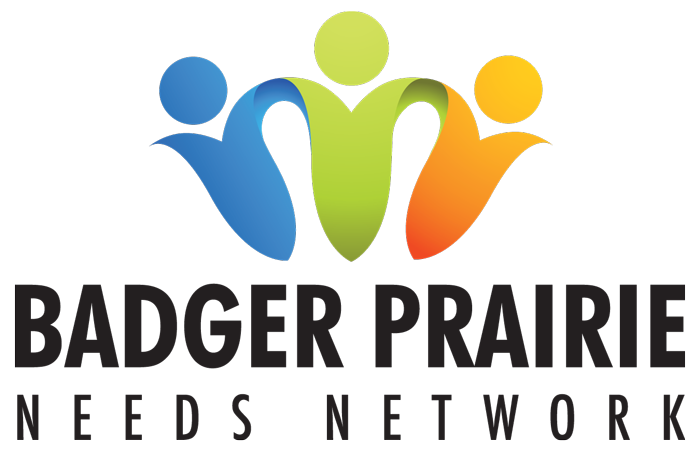What is Poverty - Part One
By Bob Kasieta, Board President
What is poverty? The Oxford Dictionary primary definition is “the state of being extremely poor.” The federal government defines the “poverty line” as the minimal level of income deemed adequate. Simple, right?
But the Oxford Dictionary has a second definition of poverty: “the state of being inferior in quality. . . .” Things can be inferior in quality. People cannot. Things can lack value. People cannot. We must accept that all people have value, or hope is lost. This is not naïve or idealistic. It is pragmatic.
If neighbors in poverty are inferior in quality to us, we easily blame them for their poverty. Then, they are not worth our worry or time, and we can look away. If we do, we will all pay the price of that poverty in more crime, greater social unrest, a less educated population, weaker families, and many more social ills. Truly recognizing neighbors as fellow human beings, imperfectly trying to do their best - just like everyone else - changes everything. “They” become “us.” And we can no longer look away.
It is then that we understand that true poverty is not a human flaw of the person in poverty. Poverty is not even one thing. But it has a common trait: it is the absence of choices in life when one cannot afford necessities. There is the senior citizen, buying medicine instead of food, knowing that both sustain life. There is a single mom, foregoing extracurricular activities for her kids, even though her kids have talent, and she knows that sports will keep them off the streets. Or, the farm family strapped by a bad season, scrimping to avoid foreclosure. Poverty might invade the world of the proud middle-class father who loses his job after a cancer diagnosis, now fretting mortgage, medicine, and food bills. Poverty follows the immigrant who risks everything for a dream, brimming with hope but being taken advantage of by opportunists who profit from poverty. Poverty lives where people have no options because the pursuit of necessities is all consuming.
There’s the challenge of our time – recognizing with clear eyes what poverty really is. There are no easy answers. Next month in this space I will write about BPNN’s approach to addressing this amorphous issue. Until then, be well, be kind, and thank you for all you do.
